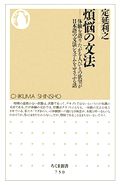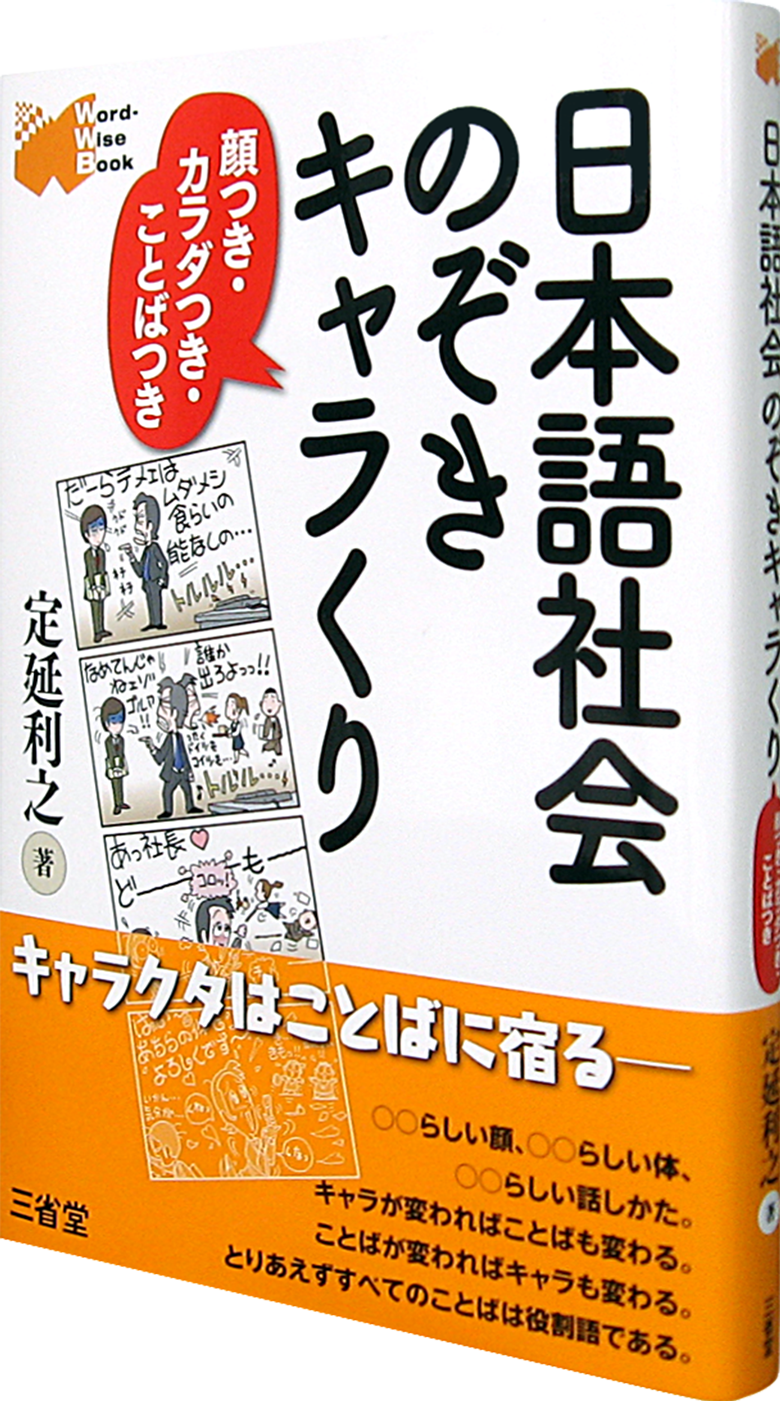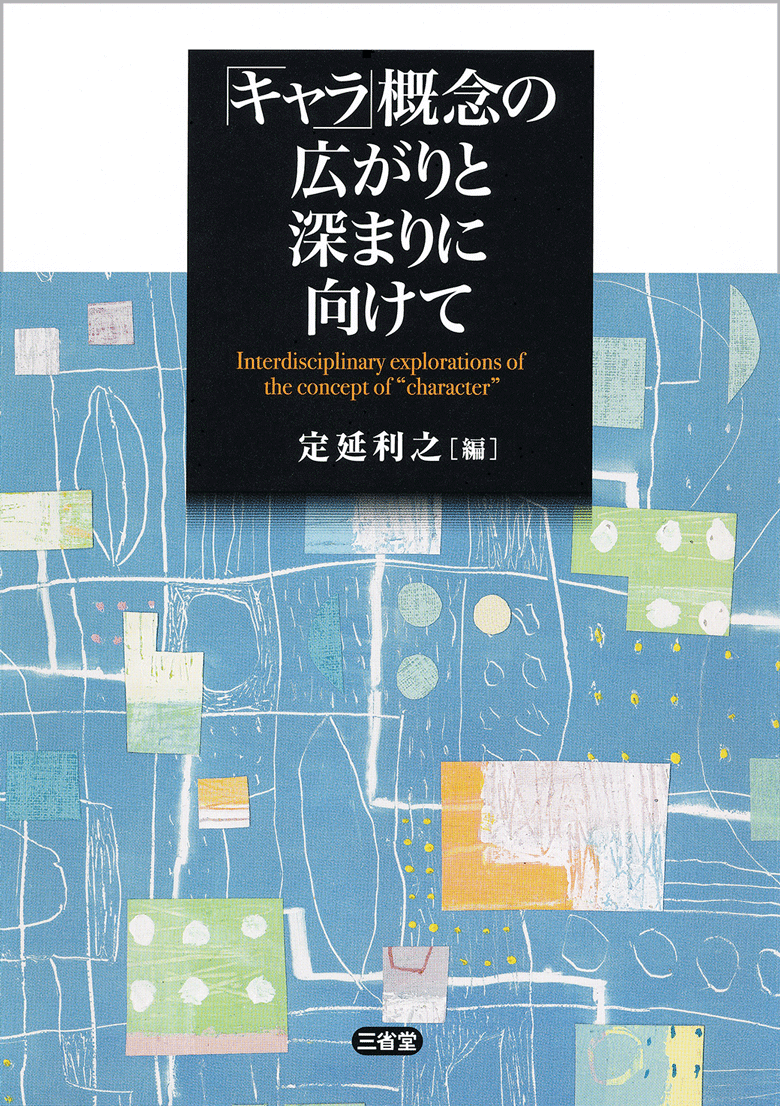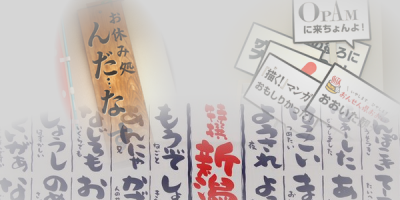
Something I had taken for granted turns out to be wrong. “Are!” (Eh?!) I shout, without thinking. Usually, the syllable “a” in “are” is pronounced with a lower intonation than the “re.” In other words, one’s voice rises across the syllables “a” and “re.” It has a rising intonation.
However, in expressions such as, “Are, sono yoona koto o. Narimasenu, narimasenu.” (Eh? That’s impossible…please stop it) the “a” is pronounced with a higher intonation than the “re.” In this case, one’s voice drops across the syllables “a” and “re,” it has a falling intonation.
The former style of saying “Are!” with a rising intonation is used by many people. On the other hand, saying “Are, sono yoo na koto o…” with a falling intonation is a specialized way of speaking used by “young women in historical dramas.” (Unlike the “Maro wa … de ojaru” of the “Heian aristocrat” character, this intonation is associated with no specific historical era, so we will just call it the “historical drama” style here.)
In other words, when “are” is said with a rising intonation to express surprise, it is difficult to determine the speaker’s character, but when it is spoken with a falling intonation to express surprise, it is easy to determine the speaker’s character.
This can be observed in “ara,” a word which closely resembles “are.” When something that had been taken for granted turns out to be wrong, many people say “Ara!” The intonation rises across the syllables “a” and “ra.” The style of dropping the intonation across the “a” and “ra,” as in the expression “Ara, shiranakatta wa,” (Oh, I didn’t know that) is specifically the manner of speaking used by the “madam” character.
The expression “oya” is a bit more subtle. There are no tendencies that make it difficult to determine the speaker’s character when it is said with a rising intonation, but easy to determine the speaker’s character when it’s spoken with a falling intonation. “Oya” is not by nature a children’s word, but it becomes somewhat “childish” when said with a rising intonation. For example, consider the following conversation from a children’s educational science show featuring a “Professor” and “Child.”
Professor: Look at the litmus paper that we soaked in the liquid.
Child: Yeah. …Oya (huh?), the red litmus paper turned blue.
In this use of “oya,” the syllable “o” is said with a lower and the “ya” with a higher intonation. If the same word is said with a falling intonation, it is not in the least “childish.”
In the expression “maa” (well…/oh…) the “ma” is higher and the “a” lower, giving this word a falling intonation; this word cannot be said with a rising intonation. On this point, “maa” differs from the interjections we’ve looked at so far. Given that this word’s falling intonation evokes expressions used by the “madam” character, for instance “Maa, sou na no” (Oh, is that so?), we can say that the above tendency (in this case, that the speaker’s character is easy to determine when the falling intonation is used) holds true. Please note that the use of “maa” to mean that you are leaving some minor reservations out of your judgment, as in the expression “Maa, gookaku ni shitokimasu” (Well, I’ll give you a passing grade)—implying, “you made a variety of minor mistakes, but I’m passing you anyway”—is not typical of the “madam,” but in such cases “maa” is not being used as an interjection expressing surprise, which is the topic at hand.
Another interjection always pronounced, like “maa,” with a falling intonation is “nanto” (Oh my!), which is limited to the “senior citizen” and “historical drama adult” characters.
In the above examples, the most important fact is that interjections expressing surprise that are used by a wide variety of speakers are those in which the speaker’s voice rises from low to high. The universality of this rising intonation in expressing surprise is understandable, considering that the speaker is transitioning from a calm state to an excited state.
Next, consider the interjections that are said with a falling (or sometimes exclusively falling) intonation. These do not follow the general pattern for expressing surprise, a fact which is reflected by the ease with which one can determine the characters of speakers who use such expressions.
When impressed by something children say “fuun” or “hee,” but don’t say “haa” or “hoo.” Children don’t use “haa” or “hoo” because they know these are not words their own character uses; they are words used by “adult” characters. (See Part 23.)
If we think of being impressed as a type of surprise, then it is probably easy to understand why expressions used when the speaker is impressed, such as “fuun,” “hee,” or “hoo” can be said with a rising intonation. How about saying them with a falling intonation?
If what we have discussed above is true, then when these are said with a falling intonation it should be easy to determine the speaker’s character. In fact, when said with a falling intonation, “fuun,” “hee,” “haa,” and “hoo” denote an “adult” character. Among these, the ease with which we can imagine the speaker’s character from “fuun” or “hee” said with a falling intonation differs from that of “haa” and “hoo.” Said with a falling intonation, “fuun” or “hee” do not easily call to mind an “adult” who is extremely impressed with something. By comparison, “haa” and “hoo” said with a falling intonation easily call to mind “adult” speech. This indicates the differing extents to which “fuun,” “hee,” “haa,” and “hoo” are words used by “adult” characters.








